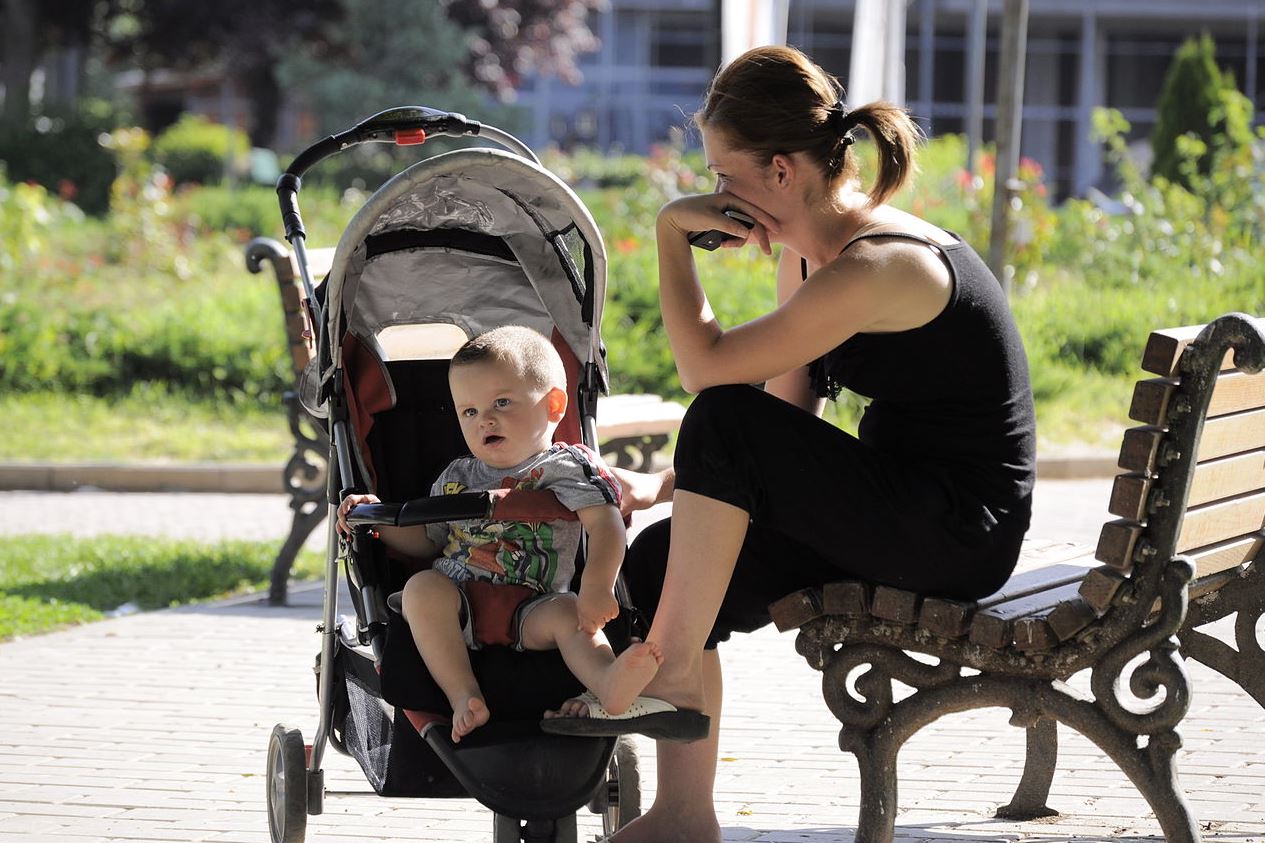The polarized nature of society in recent years has led many to realize the need for rational discussion and a fair hearing of various hot topics. But while many give verbal assent to this need, it often doesn’t happen, and increasingly, Americans are treated to a one-sided view of many issues.
According to teacher Laura Hudgens, such is the case even with motherhood. As she explains in an article for The Washington Post, the plight of working mothers dominates much of the media landscape, with policies such as paid-leave and daycare options continually debated and discussed.
Hudgens is a stay-at-home-mom turned working mother herself, and because of this, she believes that such one-sided attention on working women intimidates the many mothers who secretly want to stay home and raise their children. This attitude, she notes, “does women and children a disservice,” for it stifles information and “information is power.”
In order to add to the information on this issue, Hudgens lays out several reasons why her stint as a stay-at-home-mom was “one of the best decisions” she ever made. These include a less stressful life for her family, the opportunity to be a role model to her children, and the ability to experience special moments with her kids.
One of Hudgens’ most interesting reasons, however, is her assertion that being a stay-at-home-mom honors women from past centuries who did the same thing. She explains:
“The idea that women have been freed from the chains of full-time motherhood to pursue more meaningful work is sexism disguised as enlightenment, and it’s an insult to generations of women who dedicated their lives to full-time mothering and homemaking. I never want my children to see SAHMs as less interesting, intelligent or hard-working than other moms. Rather, I want my sons and my daughters to realize that stay-at-home parenting is as valuable and worthwhile as any paying career to which they could aspire.”
But why is the job of a stay-at-home-mother so valuable and meaningful? Aren’t women constraining their power and influence when they choose to invest their talent and energy in the home rather than the workplace?
According to early 20th century British educator and author Charlotte Mason, nothing could be further from the truth. In fact, women may exert their greatest influence on the world when they choose to invest themselves in their children:
“The world wants the work of such women; and presently, as education becomes more general, we shall see all women with the capacity to work falling into the ranks of working women, with definite tasks, fixed hours, and for wages, the pleasure and honour of doing useful work if they are under no necessity to earn money.
…Now, that work which is of most importance to society is the bringing up and instruction of the children––in the school, certainly, but far more in the home, because it is more than anything else the home influences brought to bear upon the child that determine the character and career of the future man or woman.”
Mason goes on to say:
“The children are, in truth, to be regarded less as personal property than as public trusts, put into the hands of parents that they may make the very most of them for the good of society. And this responsibility is not equally divided between the parents: it is upon the mothers of the present that the future of the world depends, in even a greater degree than upon the fathers, because it is the mothers who have the sole direction of the children’s early, most impressible years.”
Society is increasingly concerned over the lack of respect, the explosion of self-esteem, and the poor reasoning and judgment which the younger generation are exhibiting. Could it be that such circumstances have come upon us because we have told young mothers that their true value is in the workplace, and that the training of their children is best left to “experts” in childcare centers and schools?
—
Image Credit: Burim (CC BY-SA 3.0)
















Leave a Comment
Your email address will not be published. Required fields are marked with *